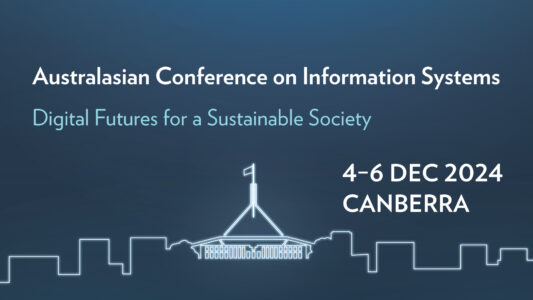Abstract
This paper delves into the multifaceted challenges of implementing drone delivery services in urban Australia, with a particular focus on public perception and regulatory hurdles that hinder their widespread adoption. Despite the potential economic and environmental advantages, automated drone deliveries encounter substantial public resistance, as evidenced by the suspension of Project Wing’s service in the Australian Capital Territory. Key issues identified include drone noise, fragmented legal frameworks, and inadequate public engagement. To address these challenges, the study proposes an augmented Human-Robot Interaction framework aimed at improving public acceptance of drone technologies through the concept of Social License to Operate. This framework incorporates advancements in noise reduction technologies and efficient routing algorithms to mitigate public concerns and enhance operational efficiency. Additionally, the study employs participatory design workshops and longitudinal studies to actively involve stakeholders and integrate their feedback, thereby fostering a supportive regulatory environment. The research aims to align technological advancements with societal needs and regulatory requirements, providing a structured pathway for the implementation of public interactive drone systems. By balancing technological innovation with societal and legal considerations, this paper serves as a comprehensive guide for policymakers, stakeholders, and developers. It advocates for the feasibility and scalability of drone technology, promoting economic growth, environmental sustainability, and societal harmony while creating a more favourable environment for the adoption of drone services.
Recommended Citation
Selvakumaran, Ravi Varman and Herath, Damith, "Deciphering Drone Delivery Rejection: Investigating Public Perception and Regulatory Implications through an Augmented Human-Robot Interaction Framework" (2024). ACIS 2024 Proceedings. 152.
https://aisel.aisnet.org/acis2024/152


